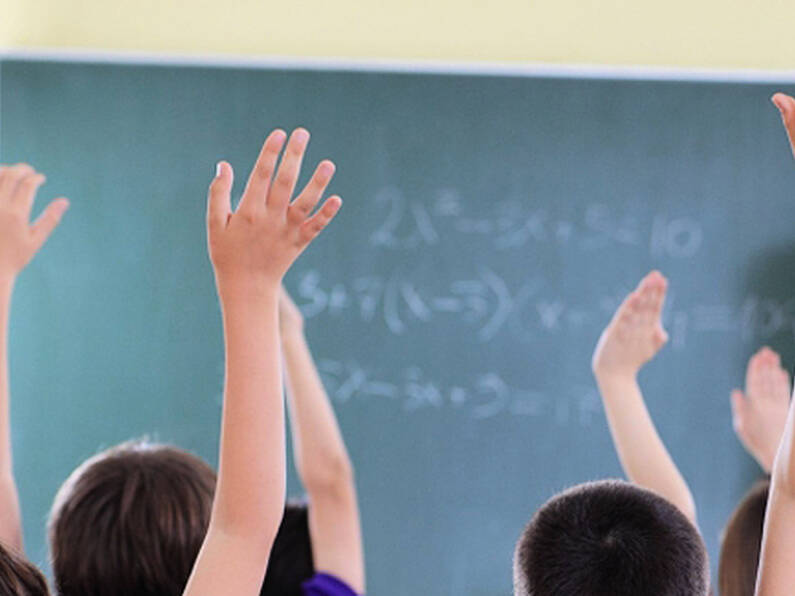Changes are being proposed to rules that allow some children to opt out of learning Irish at school.
They would raise from 11 to 12 the age at which a student can apply for an exemption if all or some of their education has been outside of Ireland.
But account will be taken of developments around special educational needs since rules were last updated more than 20 years ago.
However it is unclear, from draft new Department of Education rules or related consultation documents for parents and schools, if overall numbers exempted from studying Irish might fall or rise.
After significant growth in numbers with such exemptions at primary and second-level schools, they have fallen back slightly for around the past five years.
But research by the department’s inspectorate suggests there is significant confusion around the rules among students, parents and for schools which have the authority to grant exemptions.
The issue is more prevalent at second-level, although the proportion of primary pupils with an exemption doubled to 1% from 2004 to 2009, and has been between 0.8% and 1% since.
The proportion of second-level students with an exemption from studying the language more than quadrupled from 2.5% to nearly 11% in 2010. It has dropped back since then to just over 9%, or nearly 32,500 of those enrolled at second-level.
While numbers of students from abroad have fallen since 2010, second-level students with an exemption for having a specific learning difficulty have almost trebled since 2004. They grew from 7,218 to 20,356 in 2016, and account for 63% of those with an exemption. Most have an exemption since being in primary school.
The proposed new rules would see a change to how it is determined whether a pupil has learning needs that would make them eligible for an exemption.
“In line with other department policies in the area of special educational needs, this draft circular supports the identification of need rather than using a diagnostic, categorical model,” the proposed new rules state.
More than two-thirds of Junior Certificate students with an exemption from studying Irish in 2016 did take a modern foreign language, and the actual numbers in such circumstances nearly doubled to 3,932 between 2003 and 2010.
Over half of Leaving Certificate students with an exemption from studying Irish in second-level schools did take exams in a foreign language, although the proportion has fallen in recent years.
The proposed changes to rules on exemptions from studying Irish have been put forward by Education Minister Joe McHugh with feedback contributing to finalised changes being introduced at the beginning of the next school year.
The longer-term growth in studying foreign languages despite having an Irish exemption could be related to the high numbers of students born abroad during the past 15 to 20 years.
Principals consulted by inspectors suggested links to rules governing eligibility for entry to National University of Ireland (NUI) institutions.
Students born elsewhere can be exempted from having studied Irish and/or modern foreign languages to matriculate, and schools said they tend to ‘opt out’ of studying Irish.






